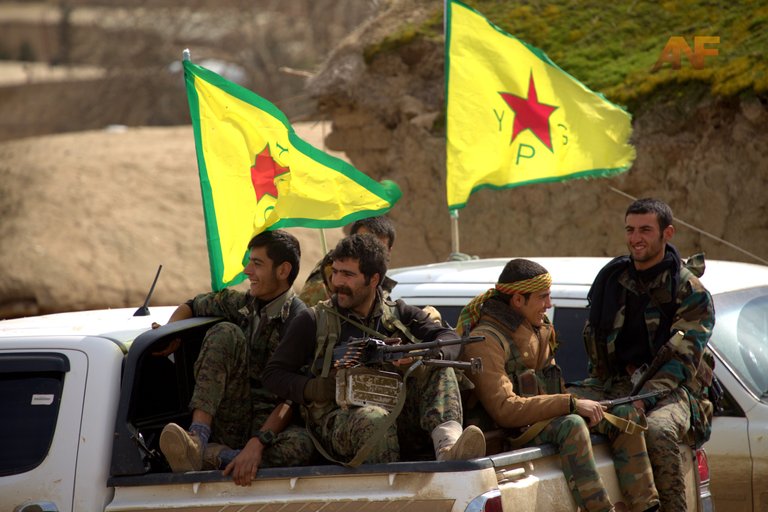On Wednesday, January 10th, I received word that my new feature-length screenplay, A Brotherhood, is officially a top 20 screenplay and that it is in consideration to be developed and produced by Route One Entertainment (https://www.roadmapwriters.com/route-one-entertainment-roadmap).
Route One's projects have starred: Nicole Kidman, Emma Watson, Anne Hathaway, Tom Hanks, Robert Redford, Ellen Page, Matthew McConaughey, Kristen Stewart, Emma Thompson, Clive Owen, Morgan Freeman, Chiwetel Ejiofor, Alfred Molina, Allison Janney and Julia Roberts. Credits include Tallulah, The Circle, Landline, Colossal, A Walk in the Woods, Secret in Their Eyes, Equals, Free State of Jones and the upcoming thriller The Claim, written by Damien Chazelle (director/writer of La La Land
I am scheduled to have a call with the vice president of production and development at Route One Entertainment in the coming days. This has not been an easy journey. Filmmaking is extremely difficult, but it is even more difficult when just 11 months ago I was laying in a coma with a traumatic brain injury after being hit by a speeding car. Doctors at the time did not know whether or not I would survive or end up with severe mental disabilities. I had bleeding in my brain and the prognosis did not look good.
I defied all odds that doctors had given me and after being released from the hospital, I began the difficult journey to recovery. I had to re-learn how to tie my shoe, began walking with a limp because of the surgery I received on my right femur, and suffered from severe short term memory loss (I had no clue what day it was or what I did ten minutes prior). The only thing I could think of at the time was not whether or not I would recover, but what my next creative project would be.
Some backstory, I graduated from the prestigious American Film Institute Conservatory in Los Angeles and received my MFA in Film Directing. My directorial feature film credits include “Peace after Marriage”, starring Hiam Abbass (Blade Runner 2049, The Visitor), which has screened at over 30 international film festivals and was winner of the “Creative Promise Award” at the Tribeca Film Festival. Before transitioning into filmmaking, I acted off-Broadway in the award-winning production of Back of the Throat, by Yussef El Guindi.
My entire life has revolved around pursuing my dream of becoming a successful film director. I wasn't going to let a traumatic brain injury hold me back. I decided that my next project was going to be a film about the Kurdish YPG. In the fall of 2015, I came across an article of a 28-year old former American soldier who traveled from a small town in Wisconsin to war-torn Syria in order to join the People's Protection Unit (Kurdish YPG). I became deeply entranced and fascinated by this man’s epic story and the motivations behind his decision to be put into harms way and began asking myself many questions. Why would an American travel to fight in a war in which his country wasn’t involved? Was he mentally unstable? Or was he, like many other former soldiers, addicted to the adrenaline and thrill of being on the front lines of a battlefield?
In the spring / summer of 2016, I traveled to southern Turkey and began doing research. I located and interviewed members of various Kurdish militia groups, most notably members of the People's Protection Unit, so I could better understand why someone with no direct affiliation with them would want to join their cause. I was utterly shocked when I discovered that civilians and former soldiers from various branches of the international military (U.S., Australia, U.K, etc) have been traveling to remote areas in Syria and Iraq for years in order to join Kurdish militia groups in their fight against ISIS.
As I began creating the world for my screenplay, I delved deep inside my soul and asked myself a very personal question. What would happen if ISIS abducted someone very close to me? Would I, like the heroes who I have researched and interviewed, travel abroad and join a group like the People's Protection Unit in order to fight against them? It is this question that inspired me enough to write a screenplay which delves into the current conflict in the Middle East.
It is difficult to write a screenplay when you are healthy and have writers block. It is even more difficult to write a screenplay when you have writers block and forget everything you wrote ten minutes later. Completing this screenplay was a testament of my strength and belief that you can do anything you put your mind to (no matter how damaged your brain is). Don't ever let anyone tell you that you can't do something. You are the creator of your own reality and it is up to you to forge your own destiny.
If I listened to all the people throughout my entire life telling me that I couldn't do something, I wouldn't have gotten to where I am today.

Make sure you update us on developments with your screenplay, interested to see the final product when it comes out. Also, sure seems like you have another screenplay in you, given your trauma!
Will do - thanks man!
I'm a painter and poet now in the healthiest relationship I've ever been in... Trying to write a song the other day and had to think of all my horrible past relationships just to smash through the block.
I am a film professor as well and students always ask me "how does one become a successful screenwriter?". I tell them to go out there, get their hearts broken, fall in love, have a divorce or two, spend some time in prison, and you'll have something to write about.
That's perfect. I've checked every one of those boxes